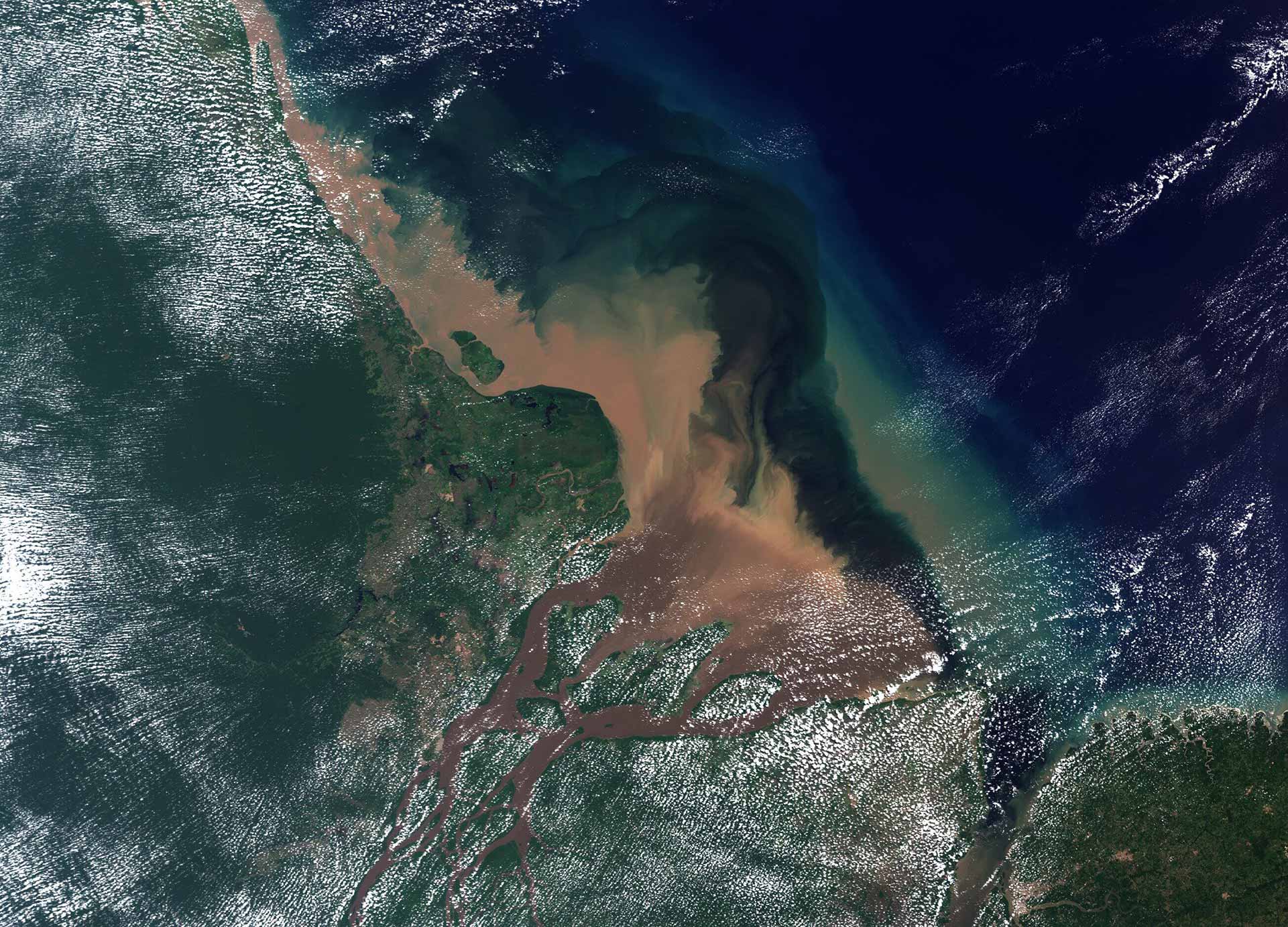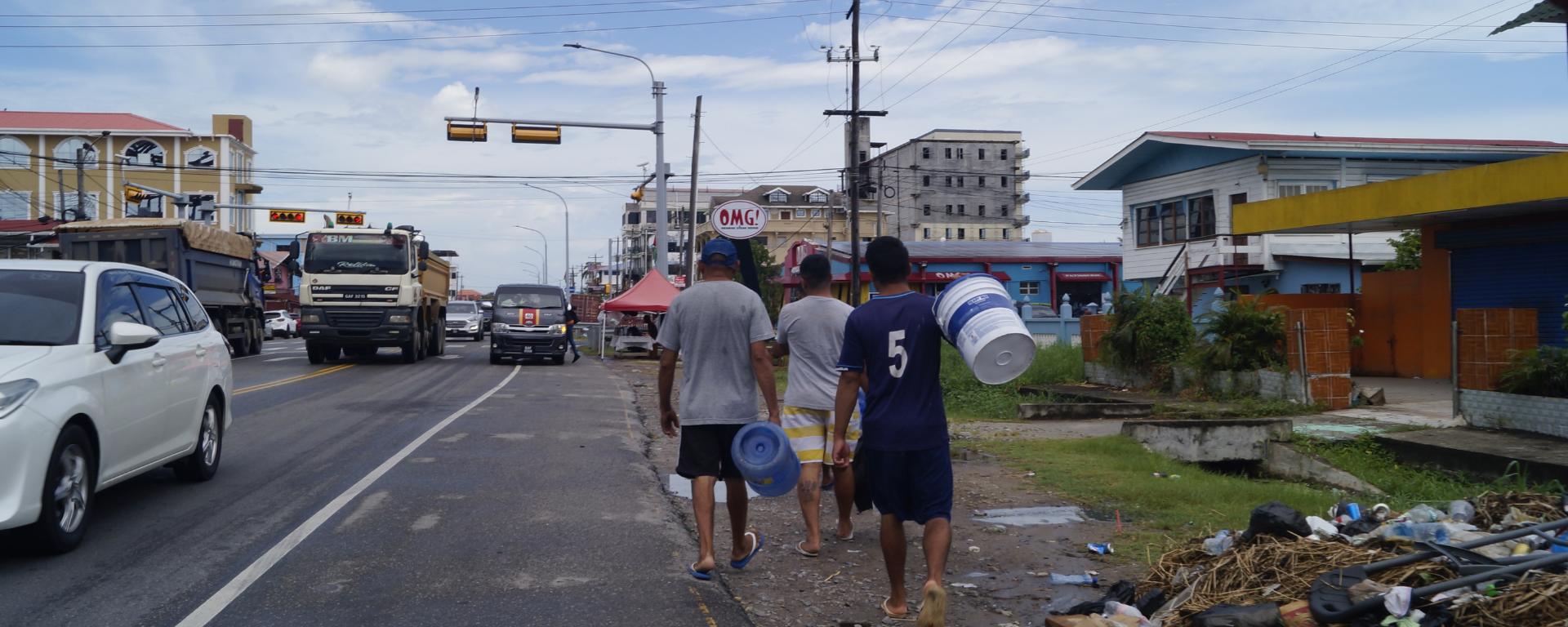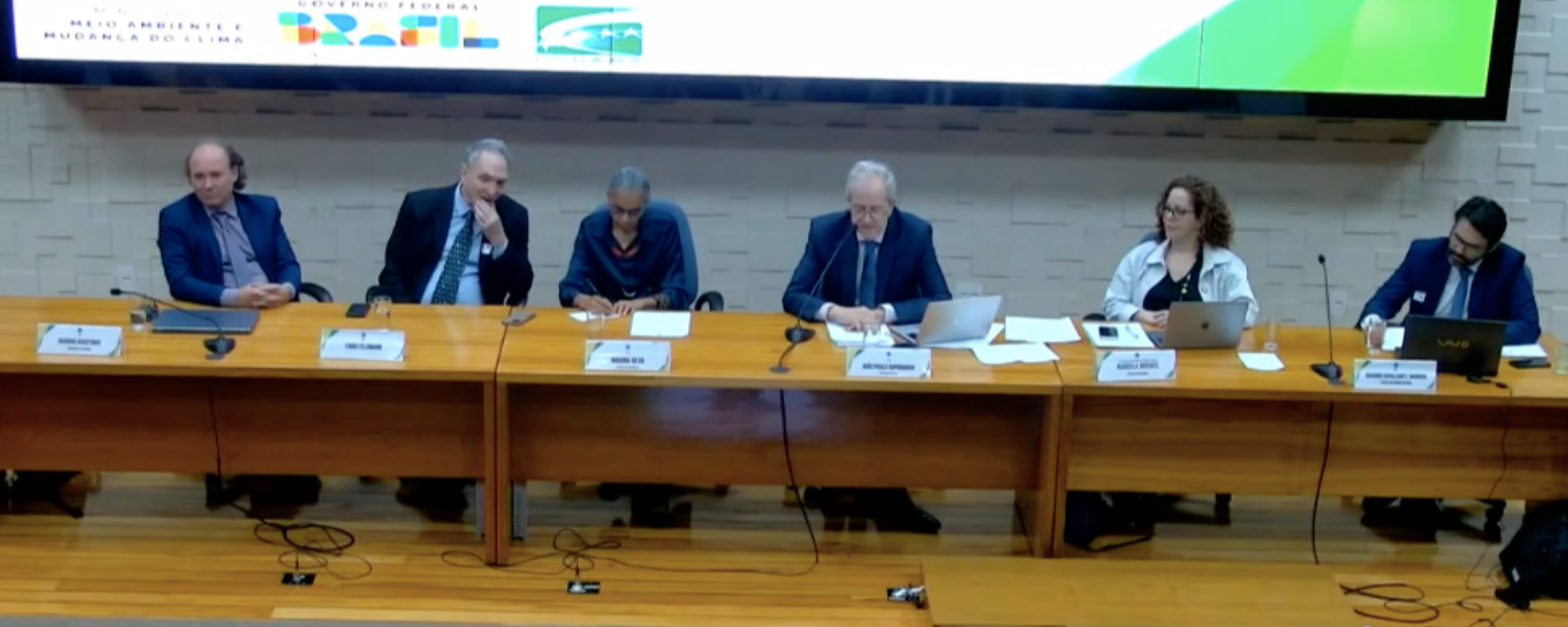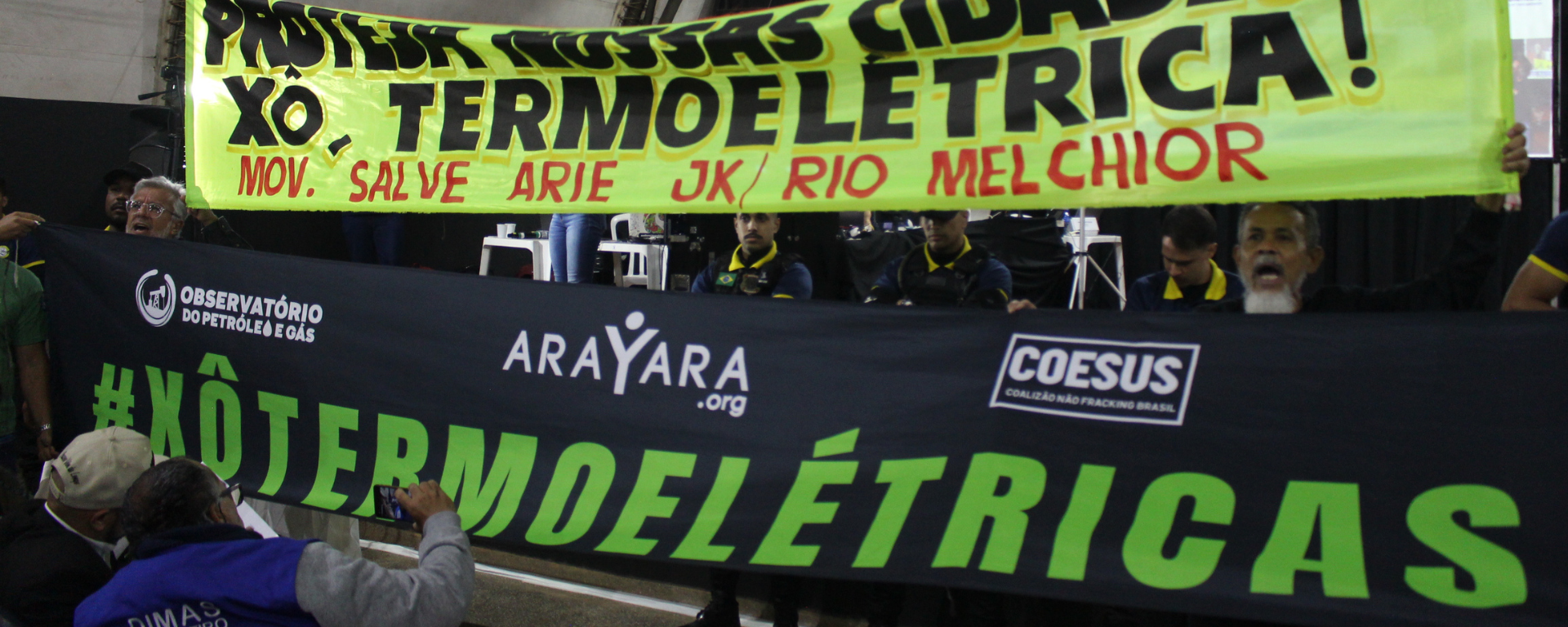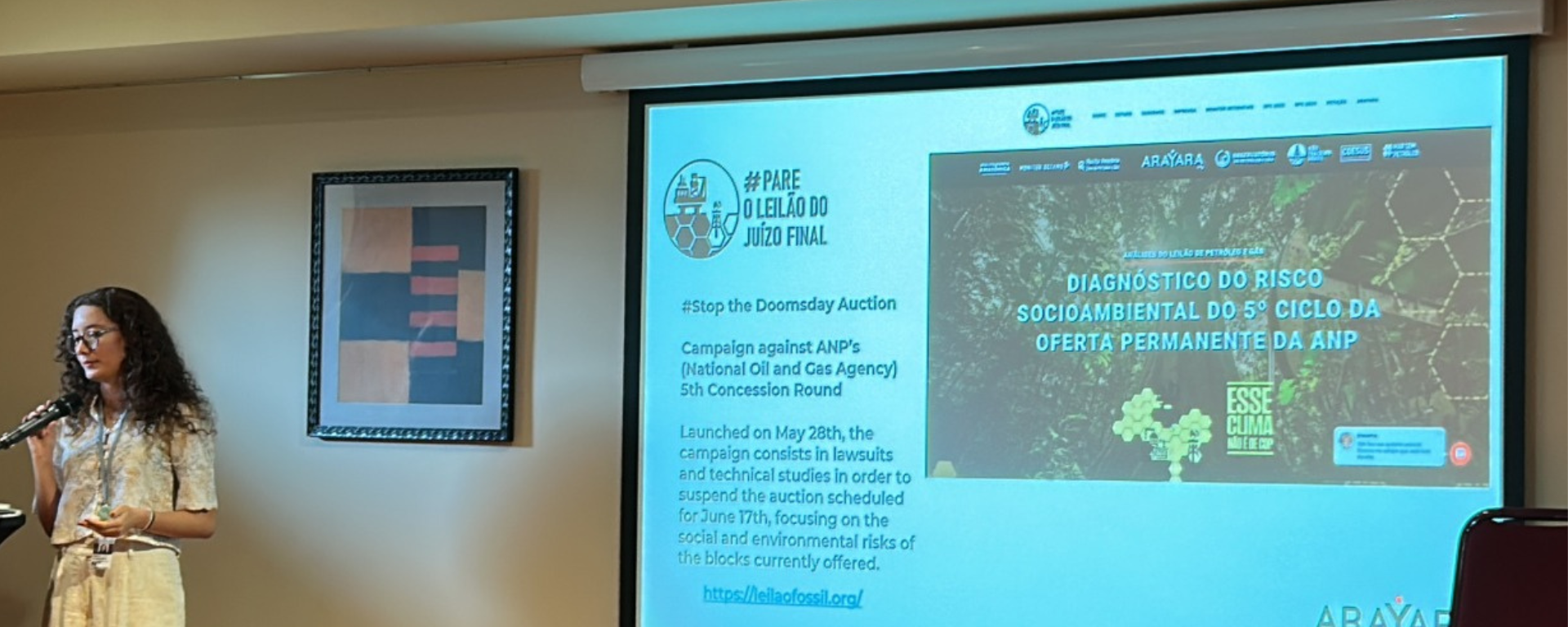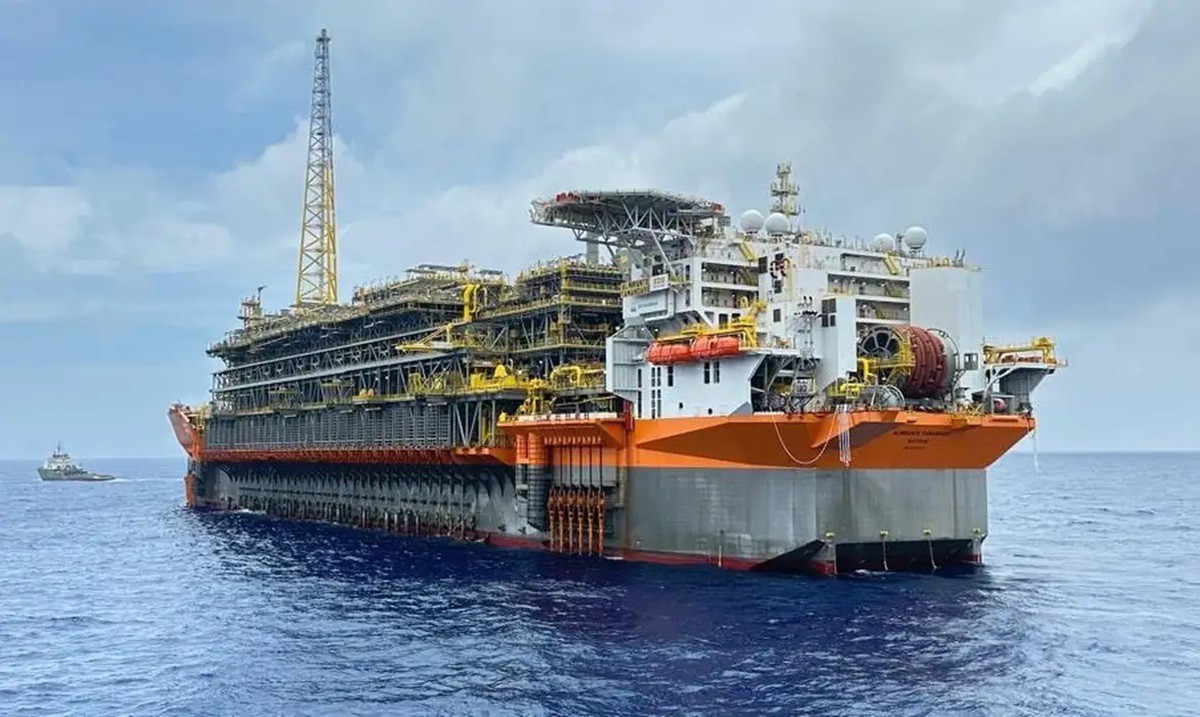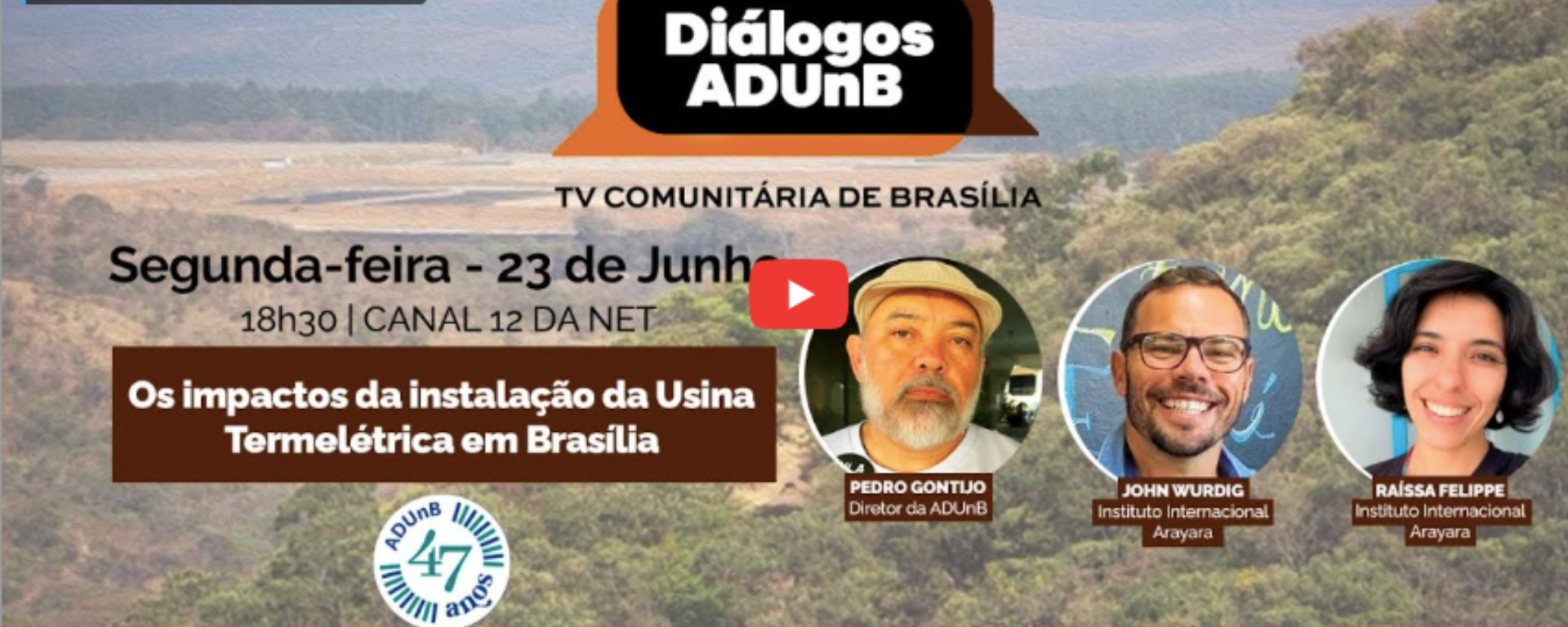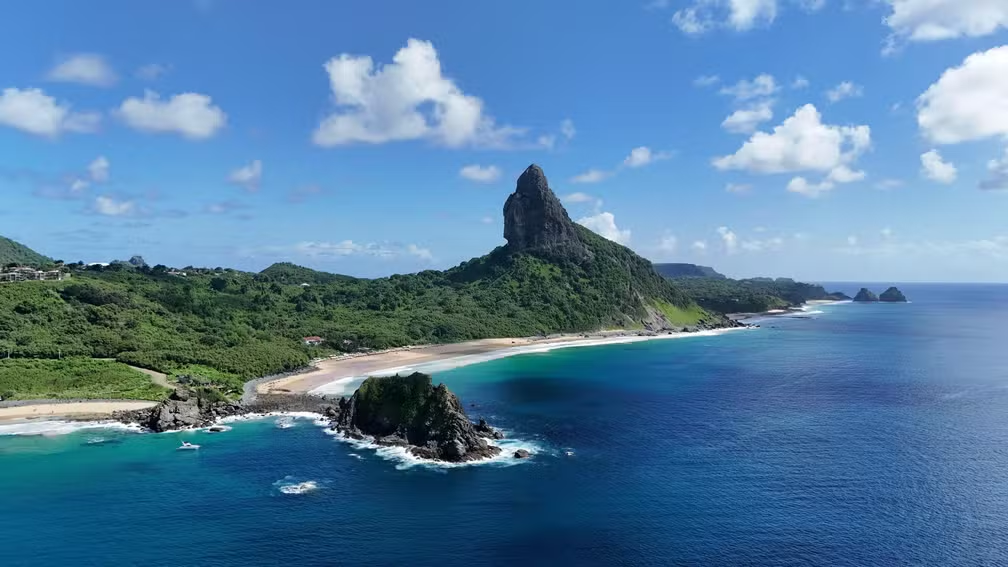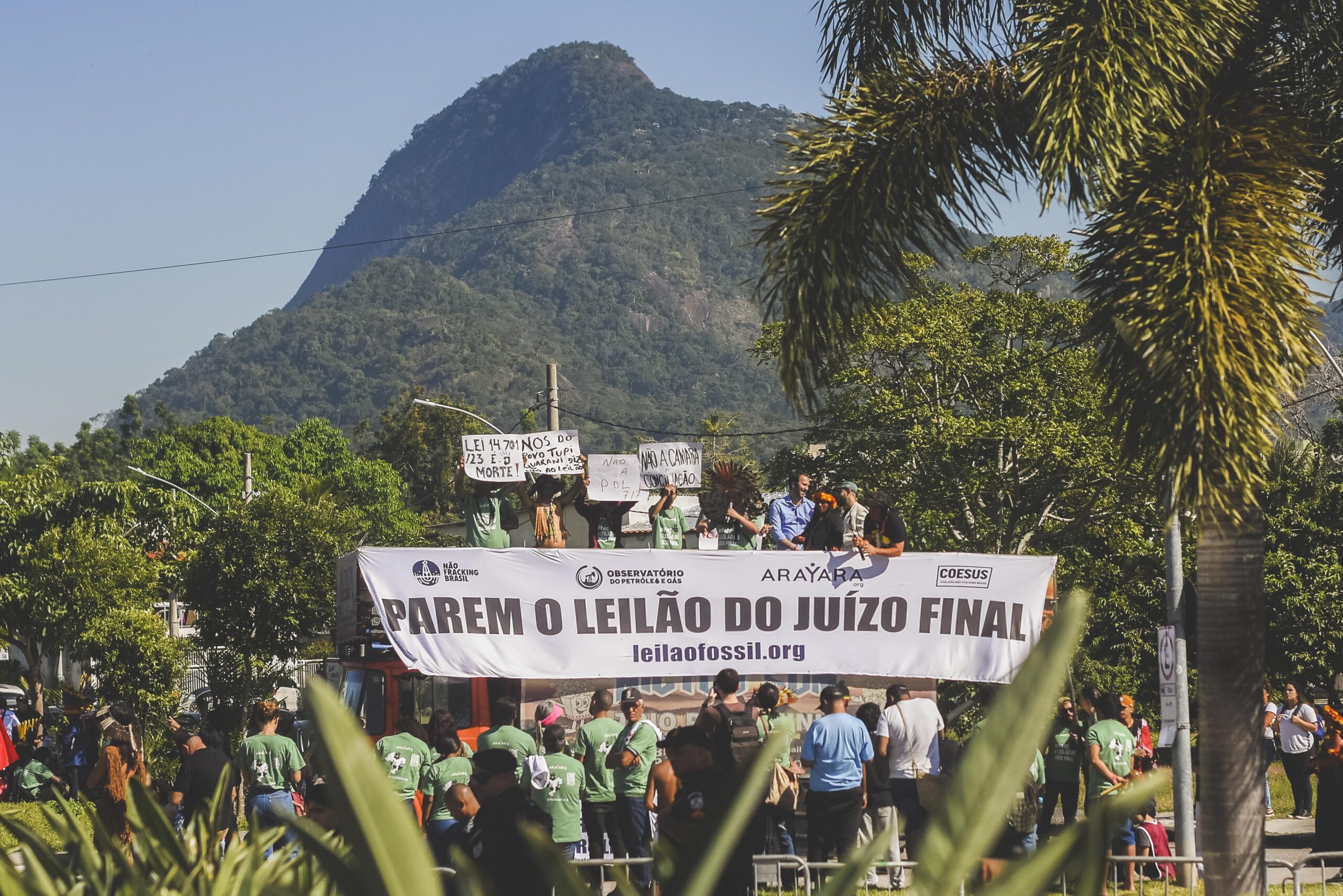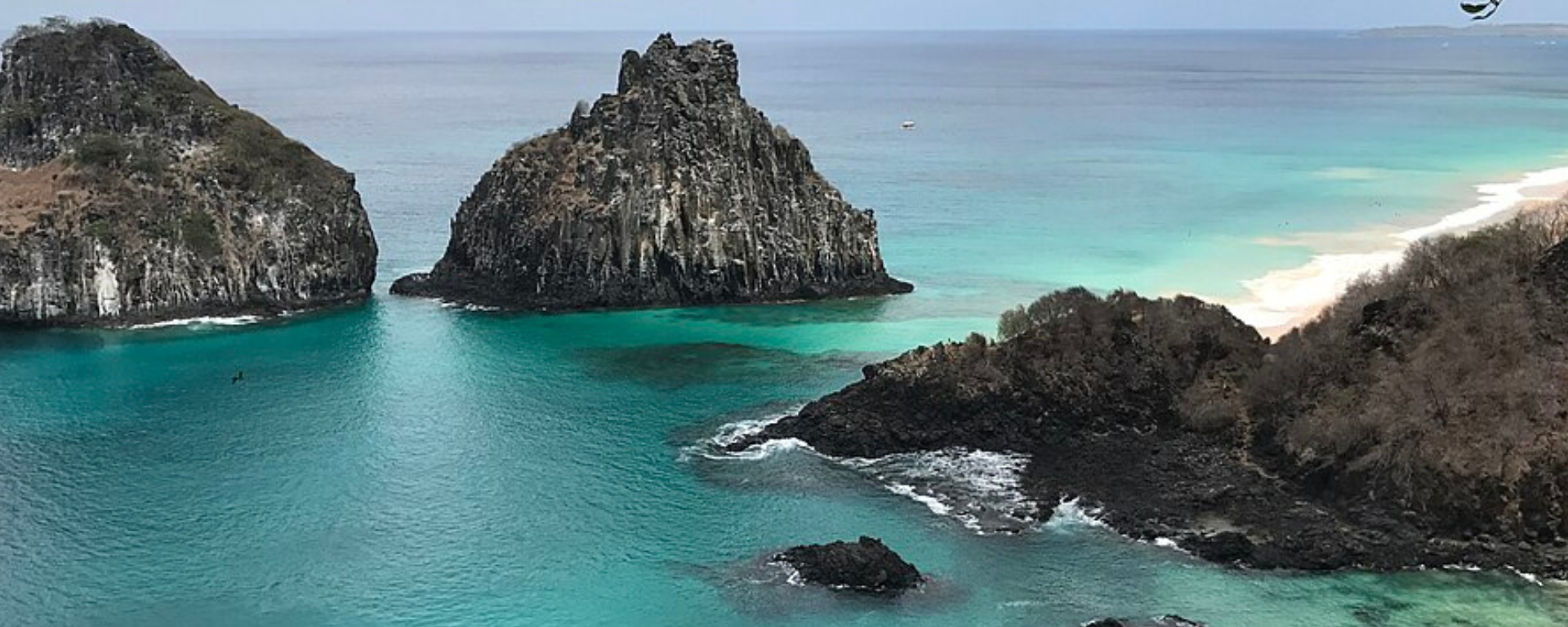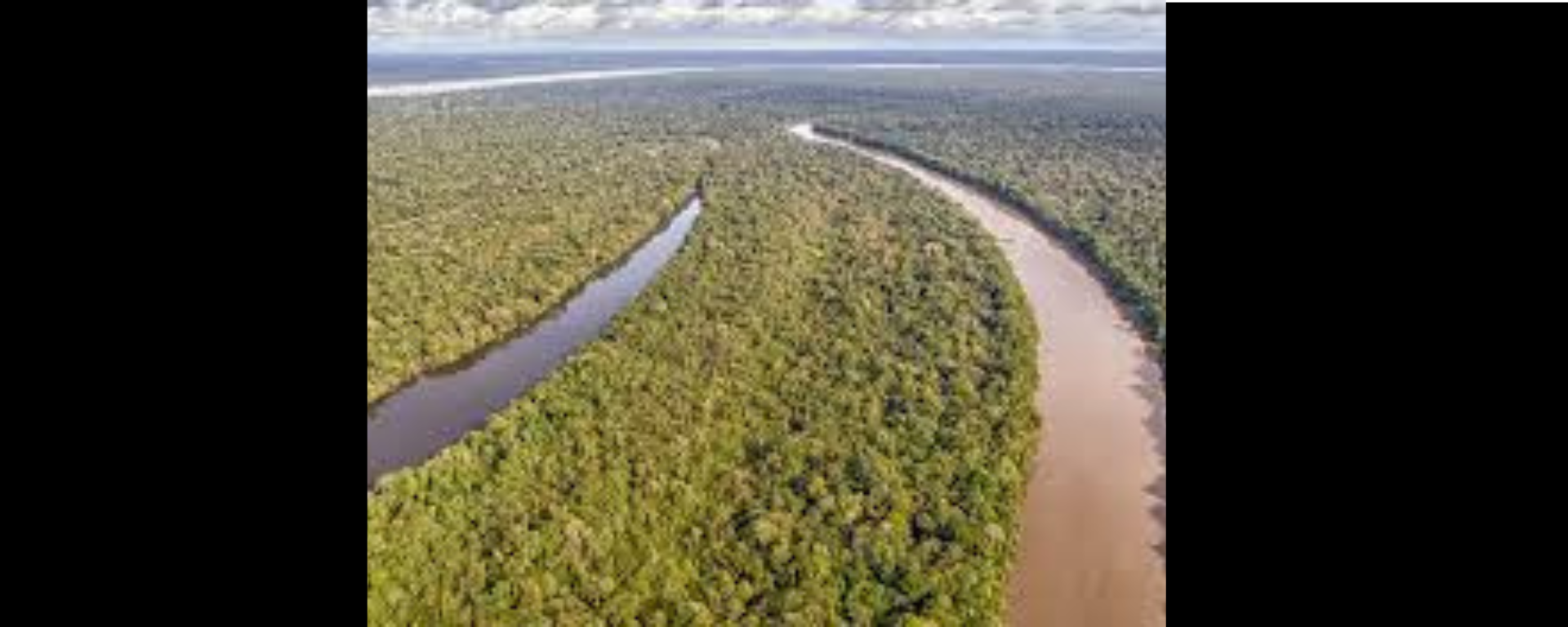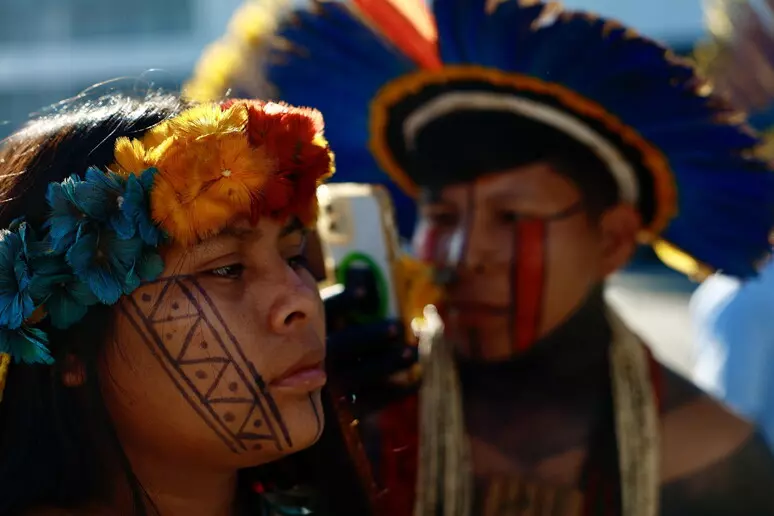Meeting in the plenary of the Chamber of Deputies will discuss this Monday, World Environment Day, the socio-environmental impacts of the activity in the Amazon coast region
Brasilia, June 5, 2023 – The General Commission in the plenary of the Chamber of Deputies, in Brasilia, will discuss the socio-environmental risks of offshore drilling exploration in the mouth of Amazonas Basin. The event is scheduled for this Monday, June 5, 2023, at 2 pm (local time), and will bring together experts, local organizations and representatives involved in the issue.
The expectation regarding the Brazilian Equatorial Margin indicates that oil equivalent reserves in the region may vary between 10 billion and 30 billion barrels. However, the exploitation of these reserves, if successful, would only start producing after 2030, an extremely worrying date due to the worsening climate change. In this decade of the oceans, it is essential that the burning of fossil fuels is drastically reduced. Otherwise, this activity would pose a significant threat to the atmosphere, contributing to the increase in greenhouse gases and making it difficult for life to continue on the planet.
The General Commission, convened by federal deputy Silvia Nobre (PL-AP), will have the participation of several guests, including Marina Gadelha, President of the National Commission on Environmental Law of the OAB; Rodrigo Agostinho, President of IBAMA; Marina Silva, Minister of the Environment; Suely Araújo, representative of the Climate Observatory; Kleber Karipuna, executive coordinator of APIB – Articulation of the Indigenous Peoples of Brazil; Luti Guedes, executive director of the Marajó Observatory; and postdoctoral professor at UFPA – Federal University of Pará, Nils Edvin Asp Neto, among others.
The General Commission plays a fundamental role in highlighting the real conditions and risks in the region, seeking to protect the natural wealth of the Amazon coast, which includes the great Amazonian reef in its area. The “Save the Amazon Coast” campaign reinforces the urgency of making society aware of the socio-environmental impacts of offshore drilling in the region. However, a group of parliamentarians has disseminated misinformation to the population and defended an illusion of progress that will never be sustainable with the use of oil.
The executive director of the Marajó Observatory, Luti Guedes, emphasizes the importance of protecting the Amazon Foz: “Oil exploration represents an imminent danger for the environment and for the communities that depend on the waters, mangroves and reserves. It is essential that we seek to preserve this natural treasure that is the blue Amazon and ensure the survival of future generations with activities that do not compromise the region.”
Oceanographer Nils E. Asp, full professor at UFPA (Federal University of Pará State), points out that “the modeling used in the simulation of oil dispersion did not consider a series of coastal processes, resulting in an artificiality by not predicting the oil reaching the coast of the mouth of the Amazon, which it is extremely sensitive. In addition, the modeling did not consider the gradual alteration of the oil, which causes it to sink, greatly affecting the benthic environment, which in the region includes a large system of mesophotic reefs”.
Kleber Karipuna, APIB’s executive coordinator, points out that “it is unacceptable that, at a time when the world is discussing the fight against climate change and environmental protection, we have a project like this in the Foz do Amazonas basin, without sufficient studies in an area rich in biodiversity, and without the proper indication of the indigenous component. Appropriate consultation is required, respecting the protocols of the peoples of the region, as all the risks, not just the supposed benefits, need to be clearly presented. A project of this magnitude must be deepened in the technical and legal aspects to guarantee our rights”.
The concern with the emissions that the blocks made available by the ANP would generate is highlighted by Nicole Oliveira, executive director of the Arayara Institute, member of the Oil and Gas Observatory (OPG), which acts as one of the organizations that lead the campaign “Save the Amazon Coast ” and which launched the booklet “Just Energy Transition of Oil” at the last COP with USP, Sindipetro-RJ and UFRJ. Nicole points out that the opening of new oil and gas production frontiers puts Brazil on a path contrary to the just energy transition. “We must progressively reduce such activities to reduce emissions. Otherwise, Brazil will be seen as a country that goes backwards with regard to energy”.
The General Committee will be broadcast on TV Câmara and takes place before the event that will publicize the new Action Plan for the Prevention and Control of Deforestation in the Legal Amazon (PPCDAm), in addition to the creation of new Conservation Units. These actions will be coordinated by the Chico Mendes Institute for Biodiversity Conservation (ICMBio) and will take place in a ceremony celebrating World Environment Day, at 3 pm, in the Main Hall of the Planalto Palace.
In this critical context for the preservation of the environment and the global climate balance, the General Commission in the plenary of the Chamber of Deputies plays a fundamental role in promoting debate and raising awareness about the socio-environmental risks of oil exploration in the Amazon. The search for sustainable solutions and the protection of the region’s natural wealth are essential to guarantee a healthy and prosperous future.

